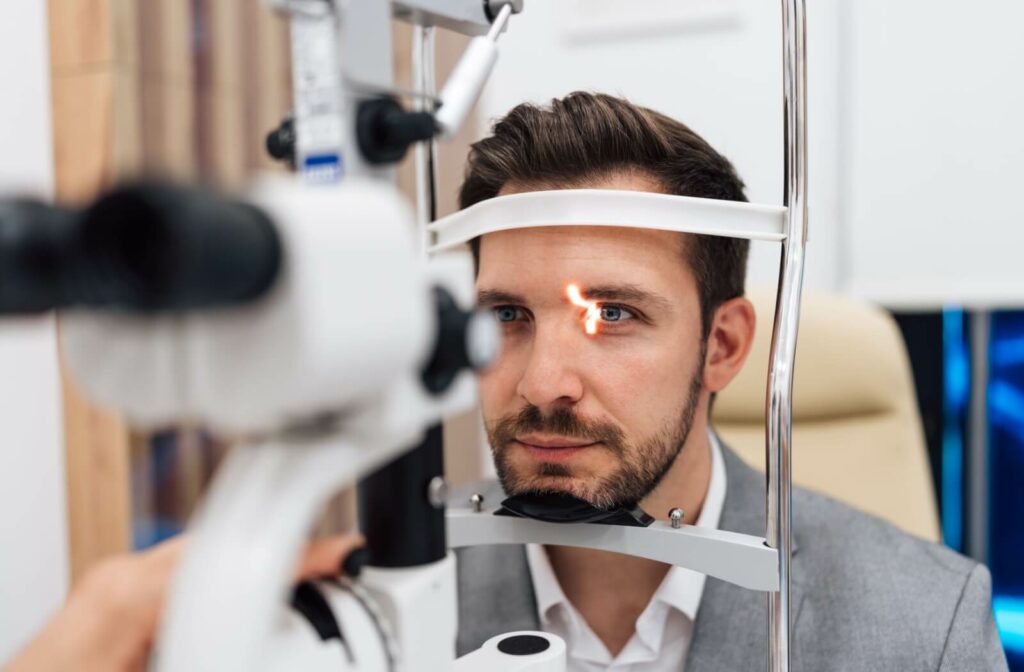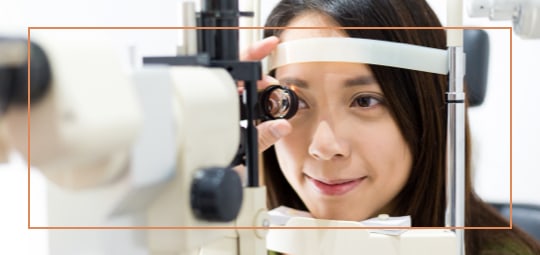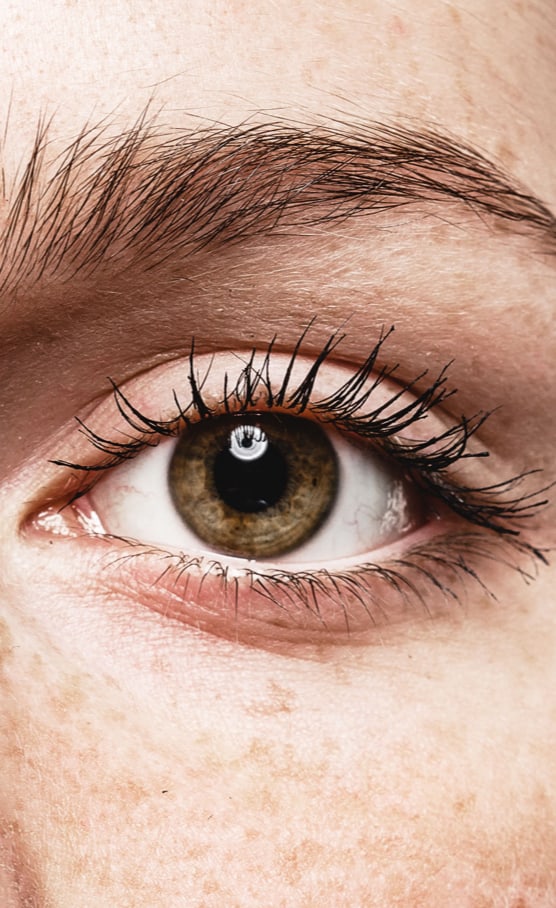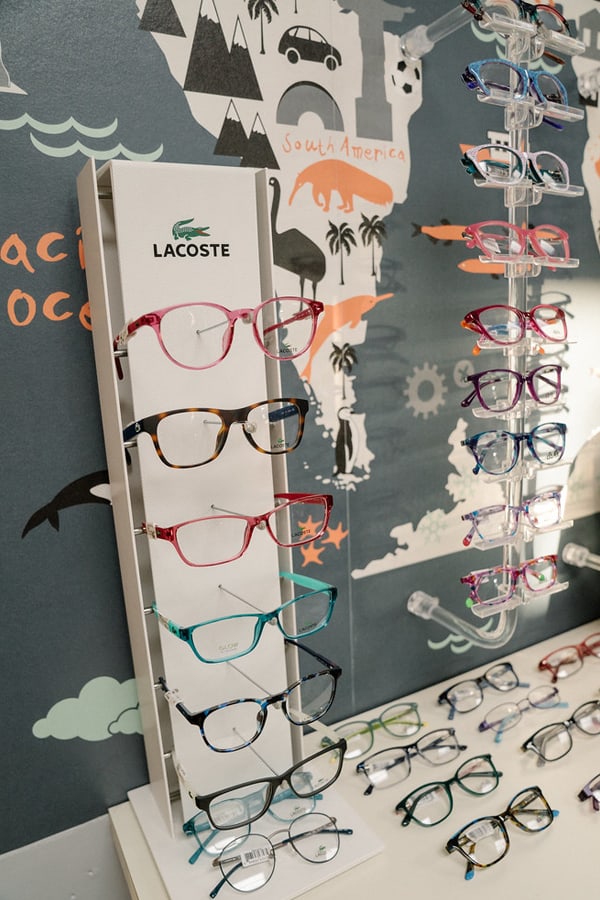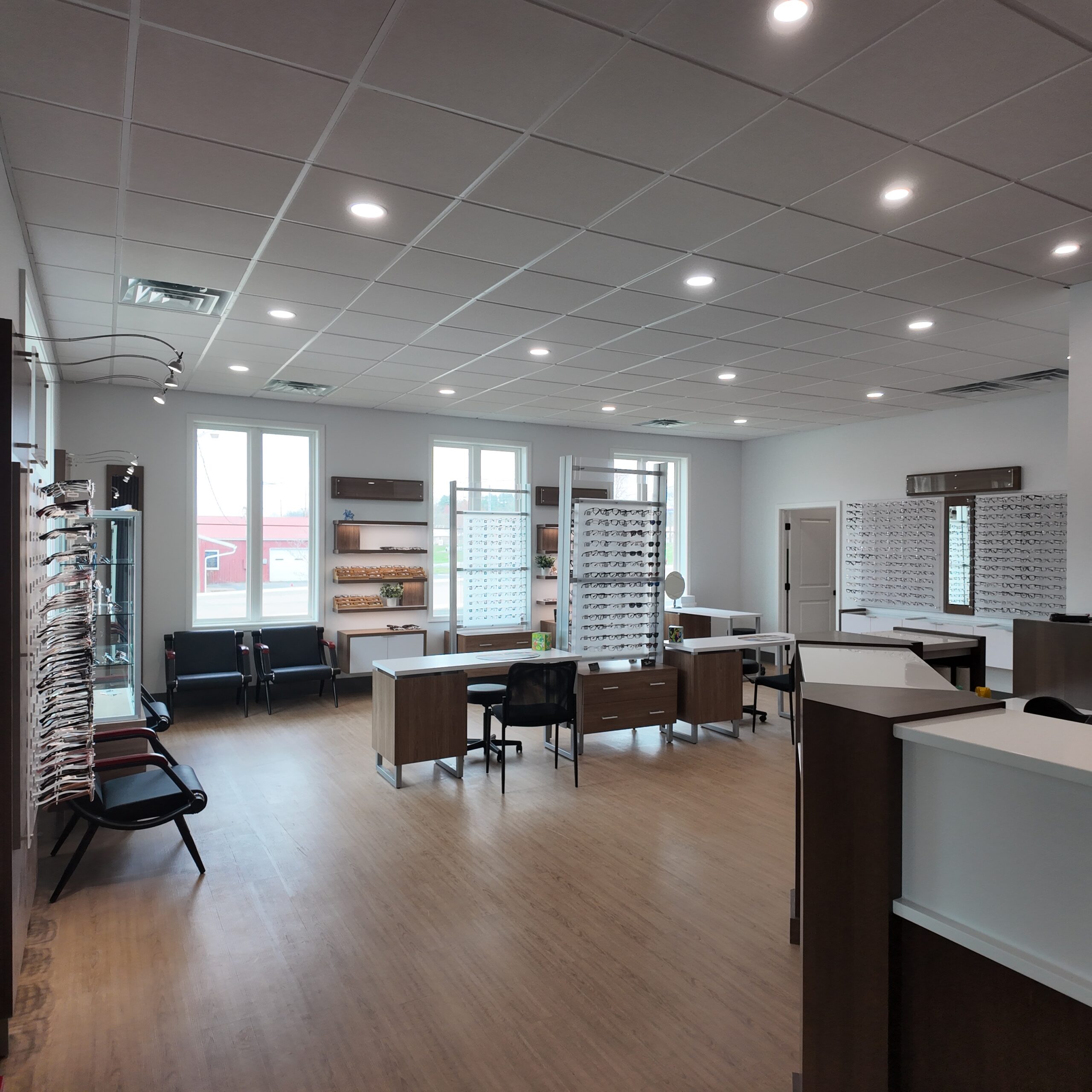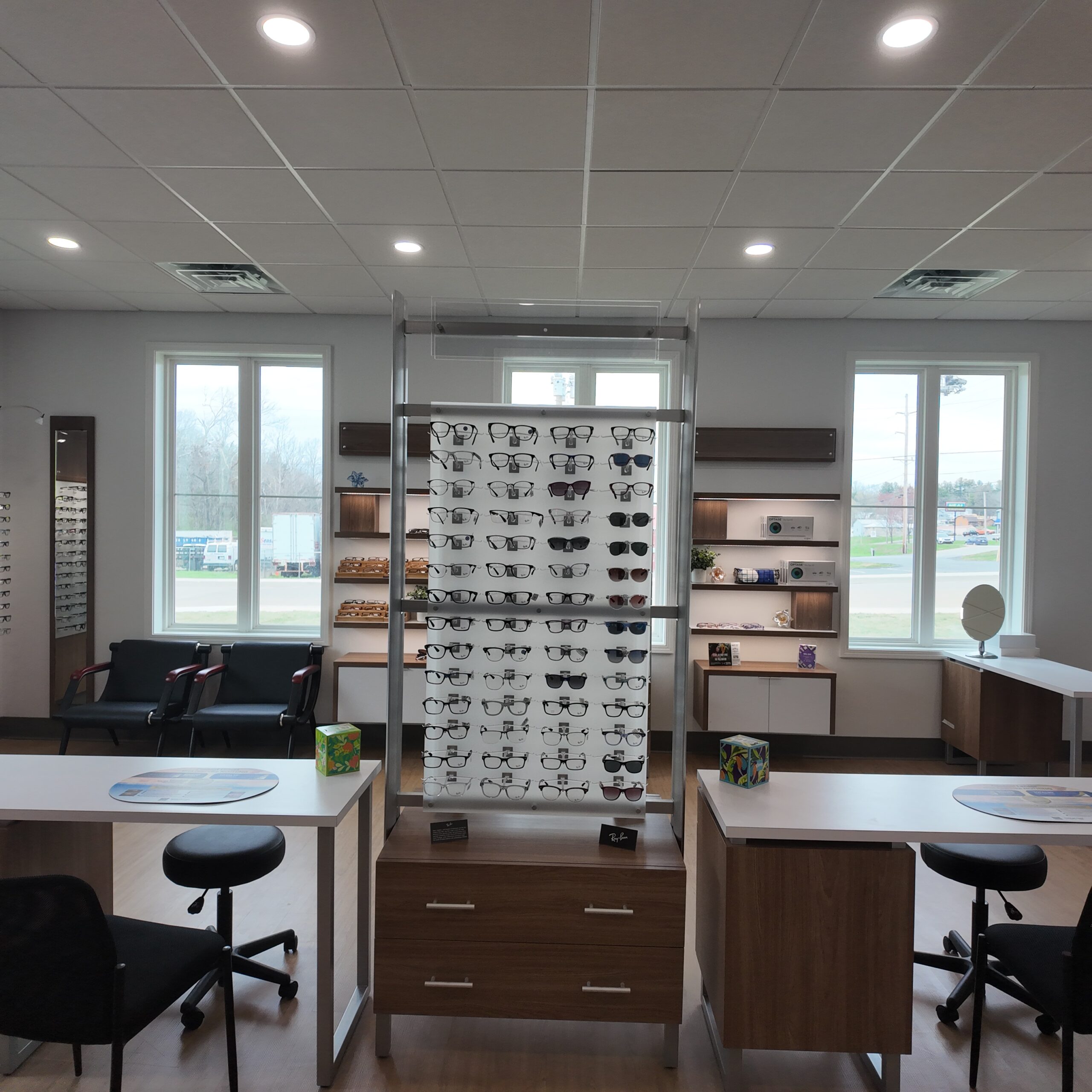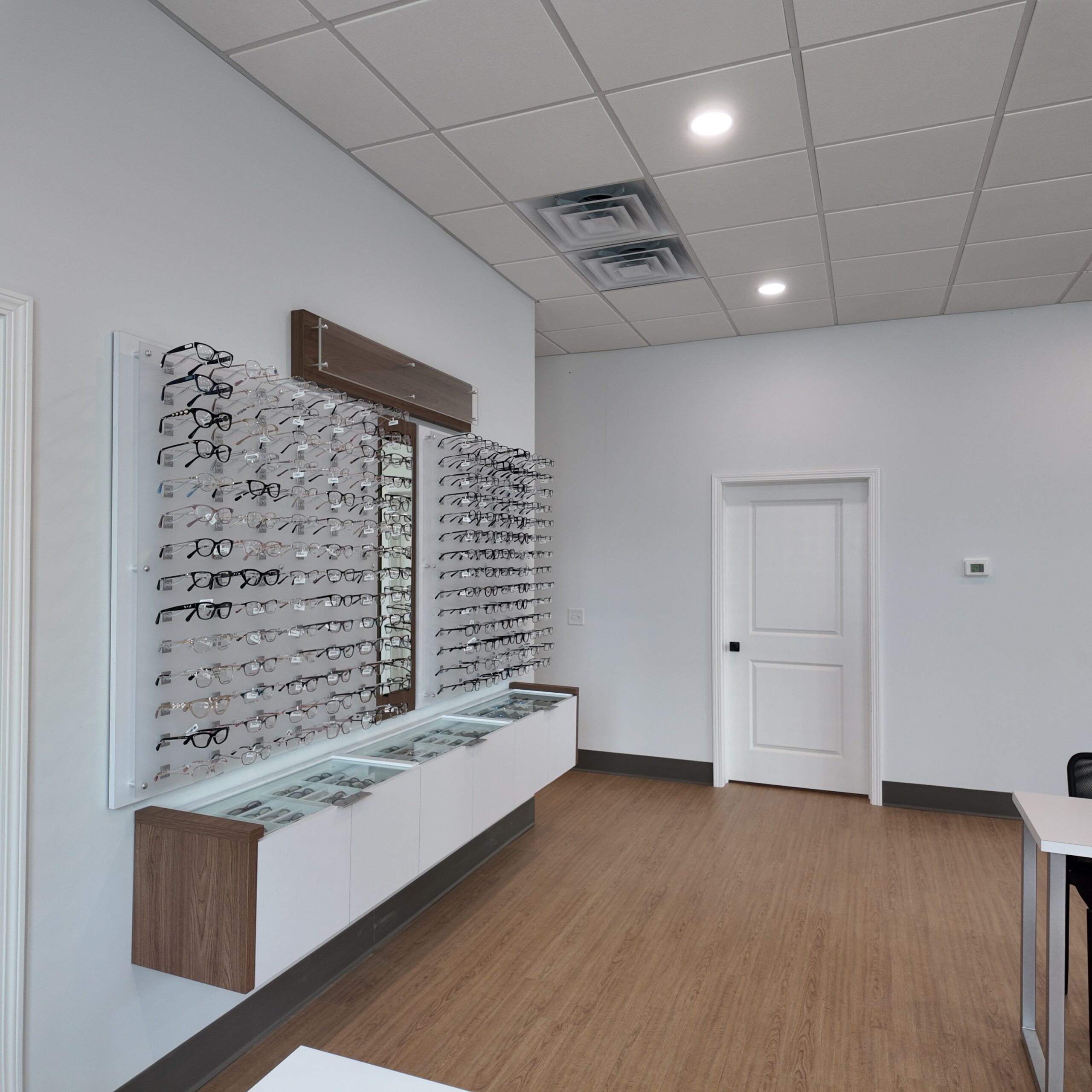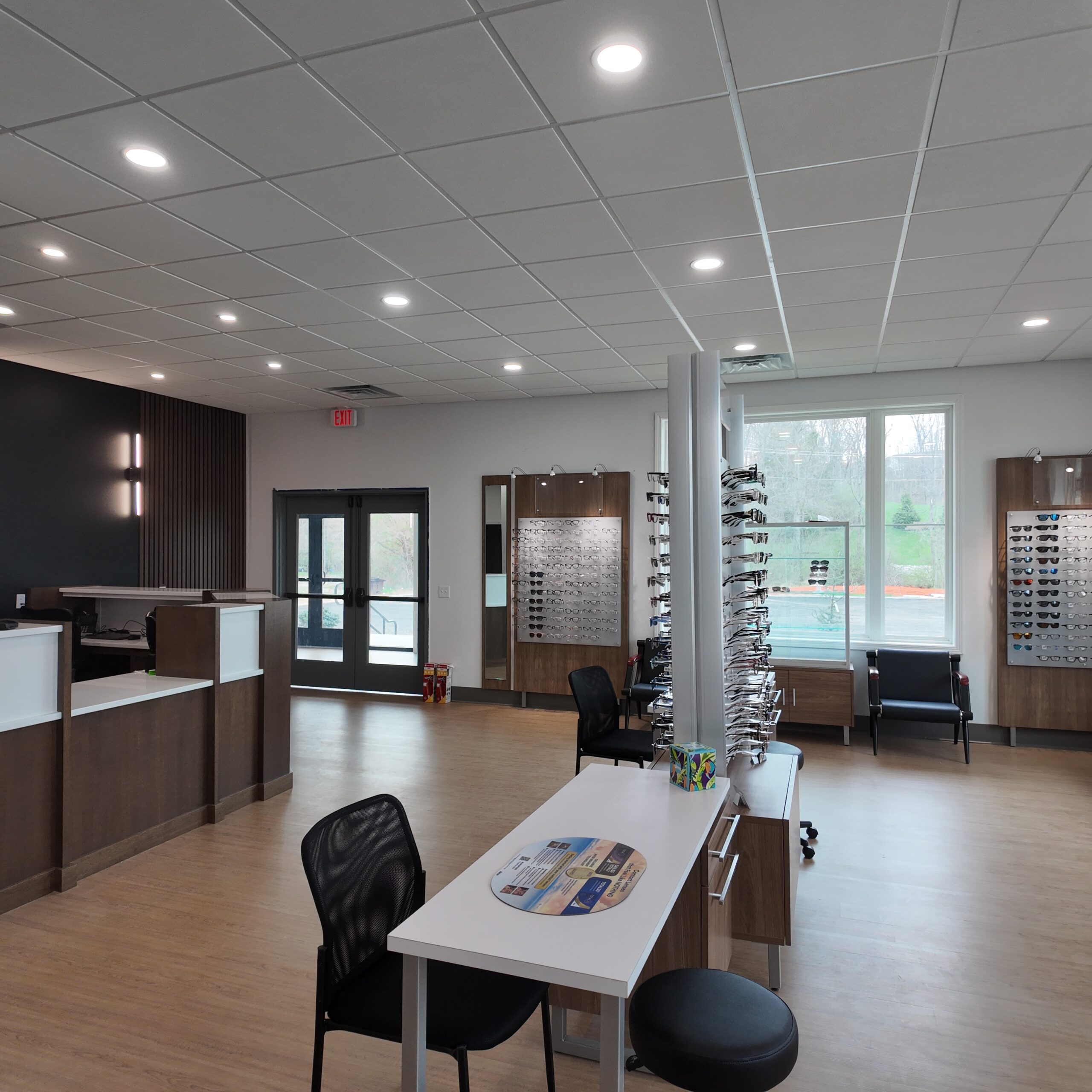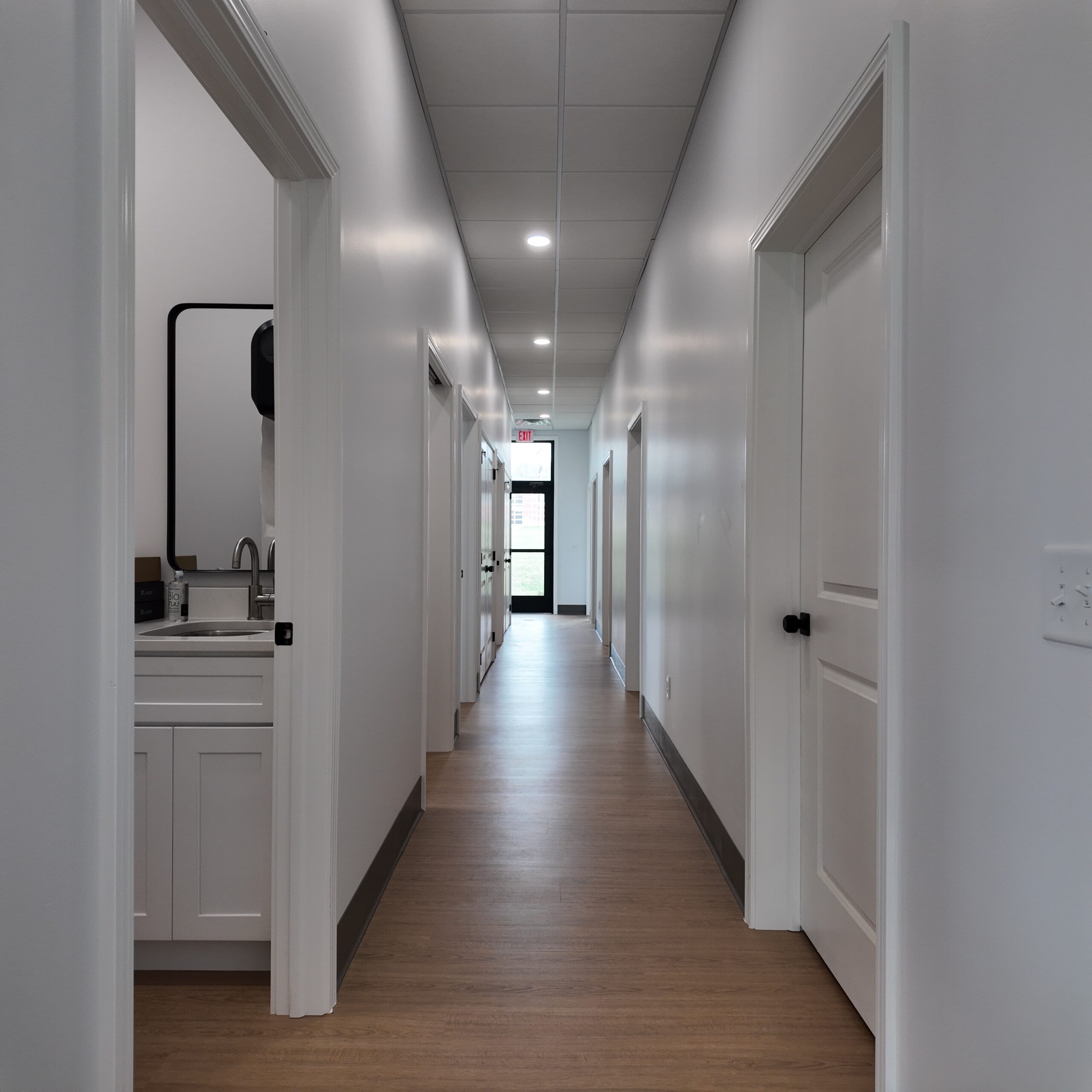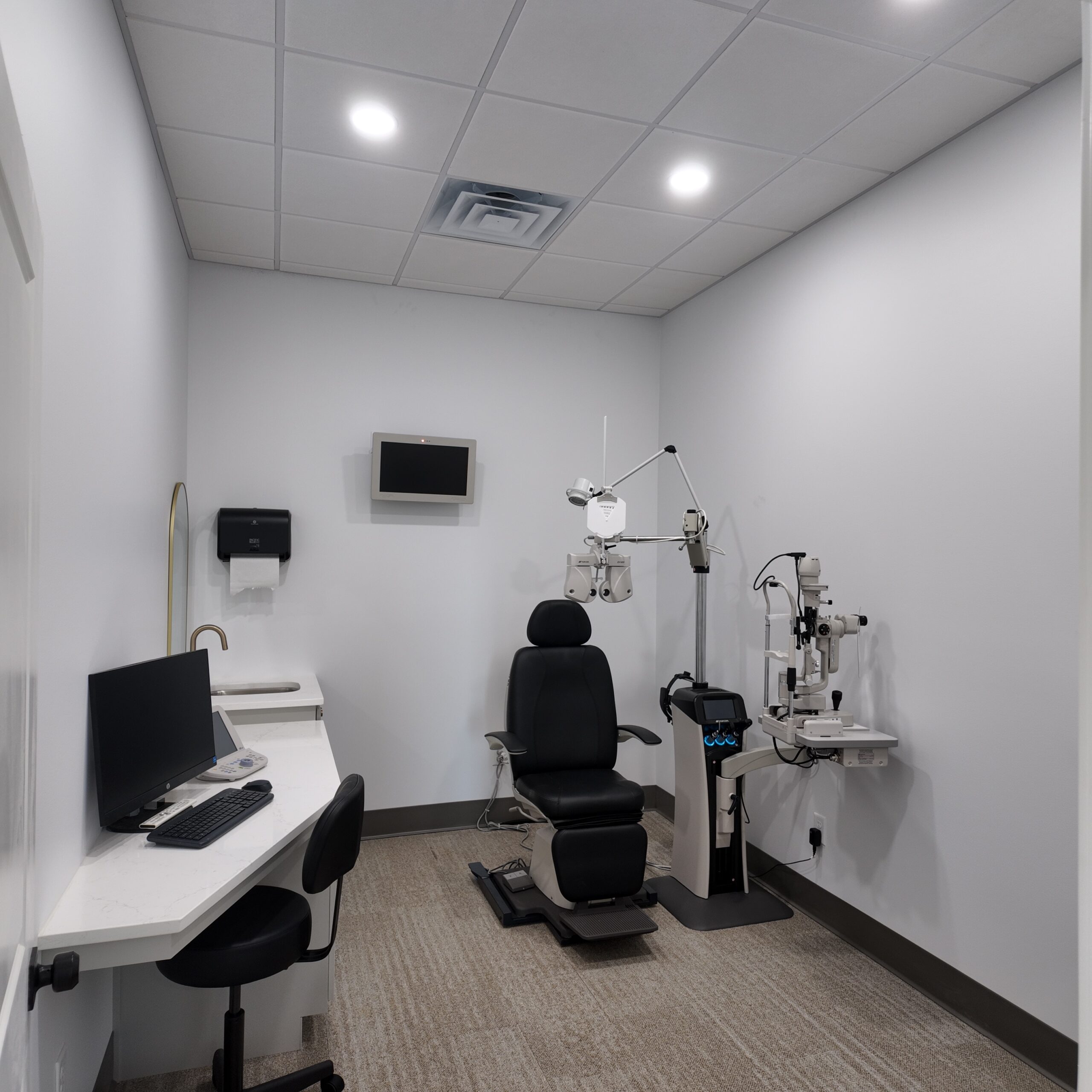Most people associate eye exams with checking vision and updating prescriptions. However, thorough eye exams can detect much more than just how well you see—they can also uncover various serious health conditions.
Regular eye exams are essential not only for maintaining clear vision but also for the early detection and management of numerous diseases.
During an eye exam, the following conditions can be detected:
- Glaucoma
- Diabetes and diabetic retinopathy
- Age-related Macular Degeneration (AMD)
- Hypertension
- Multiple sclerosis
- Thyroid disease
- Cardiovascular disease
- Autoimmune disorders
At Insights Optical, we go beyond standard vision tests. Our comprehensive eye exams offer an in-depth eye health assessment and screen for various medical conditions.
Glaucoma
Glaucoma is a group of eye conditions that damage the optic nerve, often due to elevated intraocular pressure (IOP). It is one of the leading causes of blindness in individuals over 60.
Detection Method
An optometrist measures IOP using a tonometer during an eye examination. They may also inspect the optic nerve for damage by dilating the pupils and employing imaging techniques such as optical coherence tomography (OCT) and optomap retinal imaging.
Diabetic Retinopathy
Diabetic retinopathy occurs when high blood sugar levels cause damage to the blood vessels in the retina. If left untreated, it can result in blindness.
Detection Method
An eye exam can detect early signs of diabetic retinopathy through retinal imaging or fundoscopy. These tests enable the optometrist to observe changes in the blood vessels and other abnormalities in the retina.
Age-Related Macular Degeneration (AMD)
AMD is a condition that affects the macula, the part of the retina responsible for sharp, central vision. It is a major cause of vision loss in older adults.
Detection Method
Optometrists can identify AMD by examining the retina. They might use an Amsler grid test to detect visual distortions, OCT imaging, or optomap retinal imaging to examine the retinal layers.
Hypertension
High blood pressure can result in hypertensive retinopathy, a condition where the retinal blood vessels sustain damage.
Detection Method
Narrowing of blood vessels, retinal spots, and optic nerve swelling are indicators of hypertensive retinopathy, which can be detected during a retinal examination.

Multiple Sclerosis (MS)
Multiple sclerosis is a condition that affects the central nervous system. It leads to the deterioration of the protective myelin sheath surrounding nerves.
Detection Method
Optic neuritis, inflammation of the optic nerve, is often an early symptom of MS. Eye exams can reveal signs such as decreased visual acuity, color vision issues, and pain during eye movement.
Thyroid Disease
Thyroid conditions, particularly Graves’ disease, can impact the eyes, resulting in conditions like thyroid eye disease (TED) or exophthalmos (bulging eyes).
Detection Method
Symptoms such as bulging eyes, swelling, and redness can be identified during a standard eye examination.
Cardiovascular Disease
Cardiovascular diseases impact the heart and blood vessels, potentially leading to serious complications like heart attacks and strokes.
Detection Method
Signs such as retinal artery occlusions or changes in retinal blood vessels can indicate underlying cardiovascular issues. These can be detected during a thorough retinal exam.
Autoimmune Disorders
Autoimmune disorders arise when the body’s immune system mistakenly targets its tissues. Conditions such as lupus and rheumatoid arthritis are examples.
Detection Method
Early signs of autoimmune diseases, including uveitis (inflammation of the uvea) or dry eye syndrome, can be detected during an eye examination.
A Gateway to Better Health
Routine eye exams are important not only for preserving excellent vision but also for the early detection of numerous systemic health issues. Early diagnosis and intervention can prevent severe complications and enhance overall health outcomes. The next time you book an eye exam, remember—it’s about more than just seeing clearly; it’s about staying healthy.
Don’t wait until it’s too late to uncover potential health concerns. At Insights Optical, we conduct comprehensive eye exams that not only validate your vision but also help spot early signs of critical illnesses.
With a friendly environment and convenient scheduling options, we aim to make your eye care experience as enjoyable as possible.
Take an active step towards your well-being. Schedule your appointment for an eye exam with Insights Optical today!

